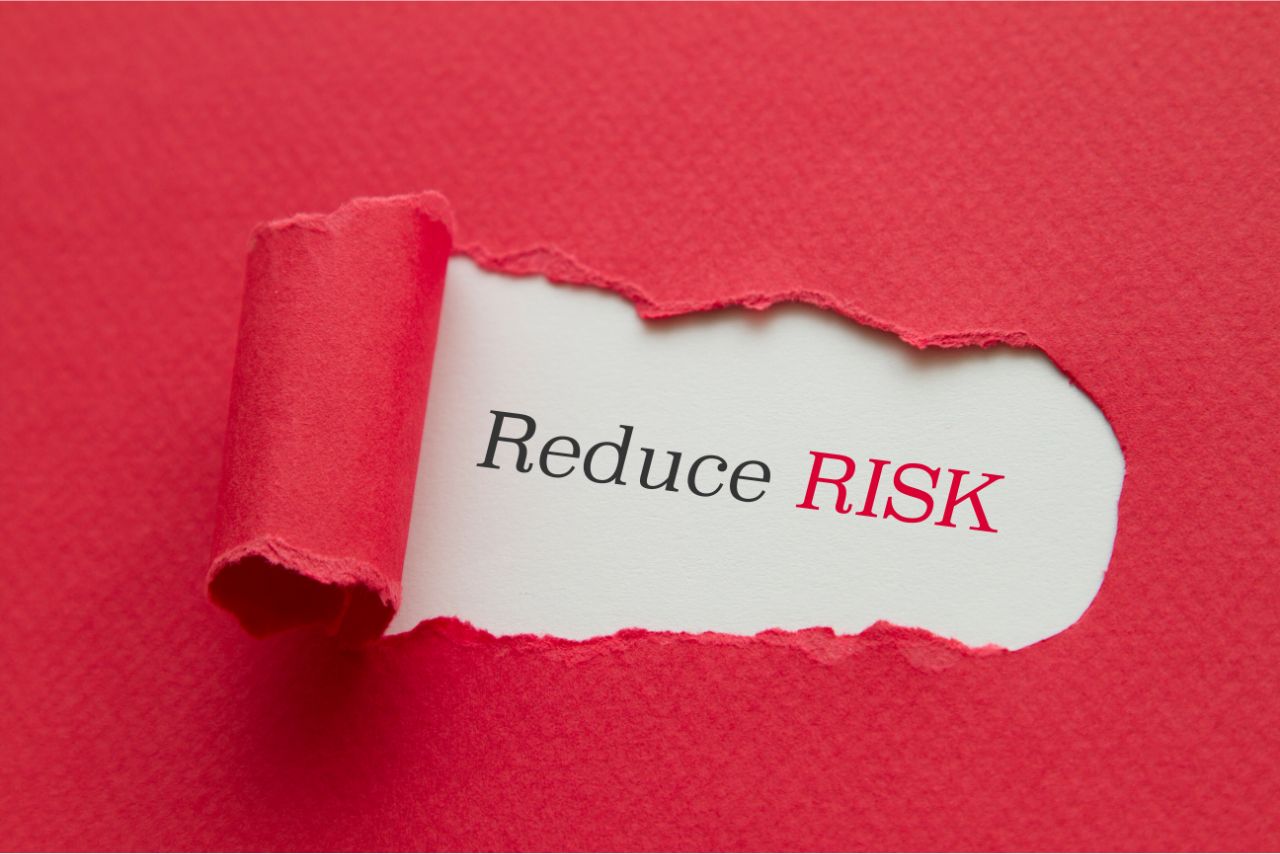Are you concerned about your risk of developing cancer? If so, you'll want to pay attention to your alcohol consumption. Research has shown a clear link between alcohol and certain types of cancer.
But don't worry, there are steps you can take to reduce your alcohol-related cancer risk. In this article, we'll provide you with four helpful tips to lower your chances of developing cancer associated with alcohol.
Let's get started!
Alcohol and Cancer: The Link
To understand the connection between alcohol and cancer, it's important to examine the relationship between these two factors. Numerous studies have shown a clear association between alcohol consumption and an increased risk of developing various types of cancer. One specific area of concern is the link between alcohol and breast cancer.
According to alcohol consumption guidelines, it's recommended that individuals limit their alcohol intake to moderate levels. For women, this means consuming no more than one drink per day, while men should limit their intake to no more than two drinks per day. However, even at these moderate levels, there's still an increased risk of developing breast cancer.
Research has consistently shown that alcohol consumption is a known risk factor for breast cancer. The more alcohol a woman consumes, the higher her risk of developing this type of cancer. This is thought to be due to the way alcohol affects hormone levels in the body, as well as its ability to damage DNA.
It is important for individuals, especially women, to be aware of the link between alcohol and breast cancer. By following the recommended alcohol consumption guidelines and making informed choices about drinking, individuals can help reduce their risk of developing this potentially life-threatening disease.
Types of Cancer Linked to Alcohol
Limiting your alcohol intake is crucial in reducing the risk of developing various types of cancer. Studies have shown a clear link between alcohol consumption and an increased risk of developing breast cancer. Women who consume even moderate amounts of alcohol have a higher risk of developing breast cancer compared to those who abstain from alcohol. The exact mechanism behind this association isn't fully understood, but it's believed that alcohol can increase estrogen levels, which can promote the growth of breast cancer cells.
Another type of cancer that's strongly linked to alcohol consumption is liver cancer. Chronic alcohol consumption can lead to liver cirrhosis, a condition where healthy liver tissue is replaced by scar tissue. This scarring can increase the risk of liver cancer. Additionally, alcohol can also directly damage the DNA in liver cells, leading to the development of cancer.
It is important to note that the risk of developing cancer isn't solely determined by the amount of alcohol consumed, but also by other factors such as genetics, lifestyle, and overall health. However, reducing alcohol intake can significantly lower the risk of developing these types of cancer.
How Alcohol Increases Cancer Risk
By consuming alcohol, you increase your risk of developing cancer. Numerous studies have shown a clear link between alcohol consumption and various types of cancer. The International Agency for Research on Cancer (IARC) has classified alcohol as a Group 1 carcinogen, meaning it's known to cause cancer in humans.
Alcohol consumption has been strongly associated with an increased risk of developing several types of cancer, including breast, liver, colorectal, esophageal, and mouth cancer. The more alcohol you consume, the higher your risk becomes. Even moderate alcohol consumption has been shown to elevate cancer risk.
The mechanisms by which alcohol increases cancer risk aren't fully understood, but there are several possible explanations. Alcohol can damage DNA, impair the body's ability to repair damaged DNA, and cause inflammation, all of which can contribute to the development of cancer. Additionally, alcohol can interfere with the absorption of essential nutrients and weaken the immune system, making it harder for the body to fight off cancer cells.
It is important to note that reducing alcohol consumption can help prevent cancer. The World Cancer Research Fund recommends limiting alcohol intake to no more than one drink per day for women and two drinks per day for men. By adopting healthier drinking habits, you can reduce your risk of cancer and improve your overall health.
Tips for Reducing Alcohol-Related Cancer Risk
Cutting back on your alcohol consumption is an effective way to reduce your risk of alcohol-related cancer. Here are some tips to help you in reducing your alcohol-related cancer risk:
- Follow alcohol consumption guidelines: It's recommended that men consume no more than 2 standard drinks per day, while women should limit their intake to 1 standard drink per day. By adhering to these guidelines, you can lower your risk of developing alcohol-related cancers.
- Be aware of the link between alcohol and liver cancer: Excessive alcohol consumption is a major risk factor for liver cancer. By reducing your alcohol intake, you can decrease your chances of developing this type of cancer.
- Choose alcohol-free days: Designating certain days of the week as alcohol-free can help you cut back on your overall alcohol consumption. This can have a positive impact on your long-term health.
- Opt for non-alcoholic alternatives: When socializing or celebrating, consider choosing non-alcoholic beverages instead of alcohol. This can help you reduce your alcohol intake and minimize your cancer risk.
- Seek support if needed: If you find it difficult to cut back on your alcohol consumption, consider seeking support from friends, family, or a healthcare professional. They can provide guidance and assist you in making positive changes to your drinking habits.
- Overcoming Emotional Intimacy Challenges With Alcohol Misuse - November 18, 2023
- Overcoming Alcohol's Impact on Emotional Intimacy: 13 Essential Tips - November 18, 2023
- 6 Ways to Overcome Emotional Intimacy Challenges With Alcohol - November 18, 2023








